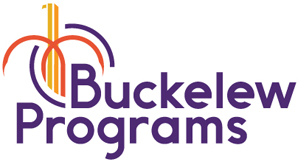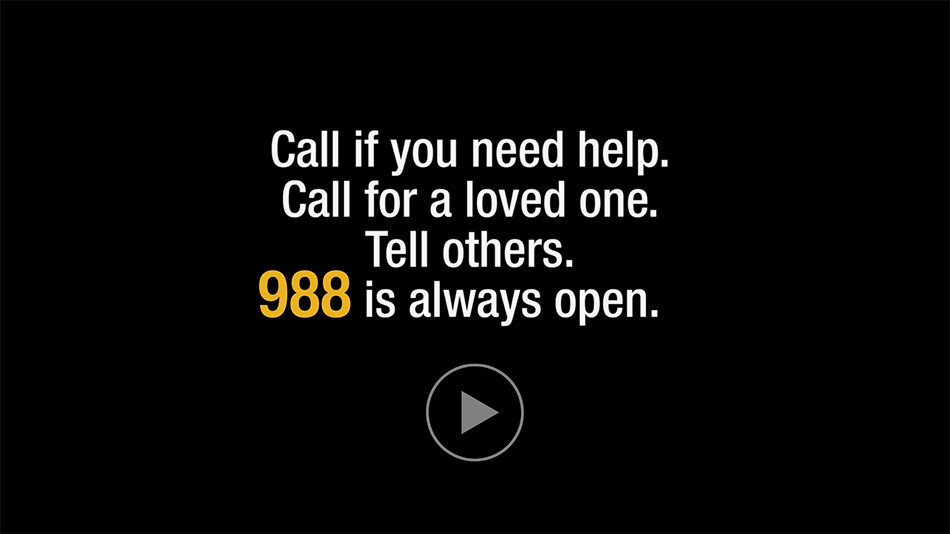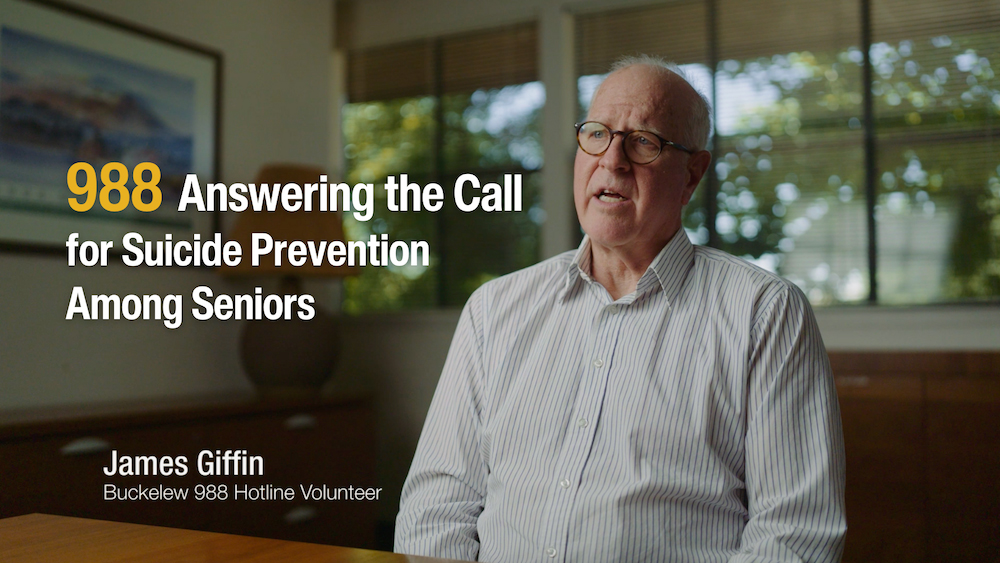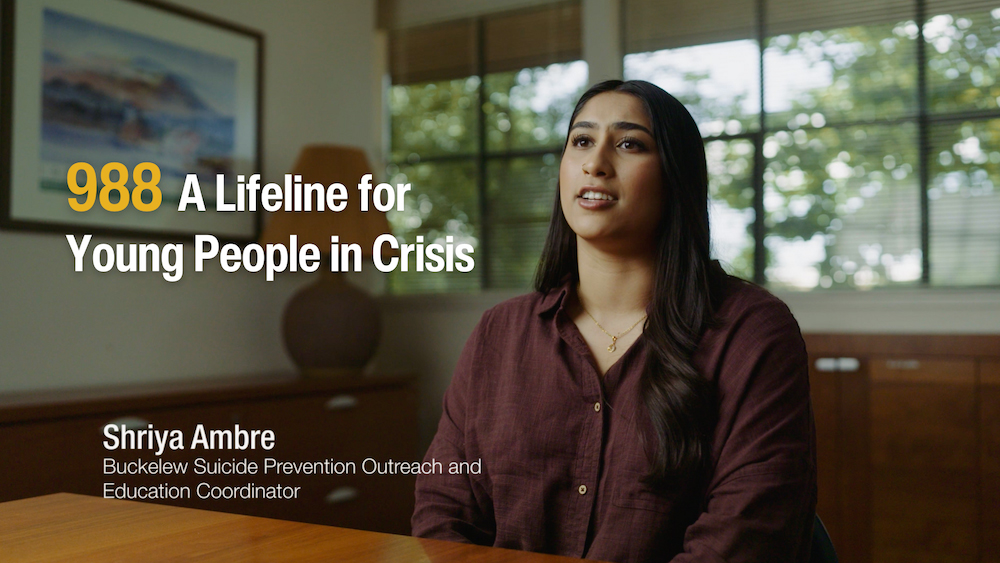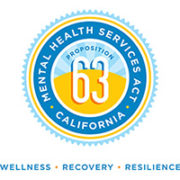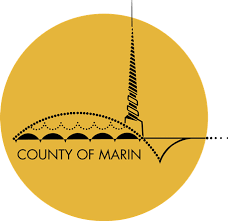SERVICES
Buckelew Suicide Prevention Program
What is 988?
988 Suicide & Crisis Lifeline is the new national three-digit number for mental health, substance use and suicidal crises. Buckelew Programs Suicide Prevention program operates one of these 200 crisis call centers across the United States for anyone experiencing suicidal thoughts or any level of emotional distress 24/7, at the critical time they need help.
When someone calls 988, a trained counselor from a local crisis center, such as Buckelew’s Crisis Hotline, is there to listen, understand how their problems affect them, provide support, and connect them to local resources if necessary. People call to talk about many different things: substance abuse, relationships, sexual identity, depression, mental and physical illness, financial concerns and loneliness, to name a few. Numerous studies have shown that callers feel less suicidal, less depressed, less overwhelmed, and more hopeful after speaking with a Lifeline counselor.
988 is designed as an alternative to our current national emergency response system, 911. While 911 focuses on dispatching Emergency Medical Services, fire and police as needed, 988 provides free, confidential emotional support to callers.
For more detailed information, see How 988 Calls Are Routed.

“I was really scared but decided to make the call. I had heard that hotlines call the police. But, that wasn’t the case. My counselor helped me to stop panicking and find ways to reach out to others and keep myself safe. It was definitely worth the call.” (Hotline caller)
Additional Resources
We also provide outreach, education, and survivor’s support services to Marin, Sonoma, Lake, and Mendocino counties.
Additional support here:
- Chat: 988LifeLine.org
- Crisis Text Line: Text MARIN to 741741
- Español: 1-888-628-9454
- For grief support call 415-499-1195 (Marin only)
In addition to phone counseling, we are available for consultation, training and education. We conduct evidence-based suicide prevention education to schools, workplaces, media, clinics, non-profits, and others by facilitators trained in suicide prevention such as SafeTalk and ASIST. We also support communities and families recovering from suicide or injury and provide consultation to media and others in best practices.
For training and education, please contact:
Christina Nihil
Email: ChristinaN@buckelew.org or 415-302-1423
Shannon Madsen
Email: ShannonM@buckelew.org or 415-302-1423
It’s okay to talk about suicide. More people are speaking compassionately and openly about mental health and their struggles. Talking about suicide with others can be life-saving.
- Know the Signs
Notice your concern of any sudden changes in mood, words, or actions such as: increased substance use, difficulty sleeping, acting recklessly, feeling depressed, talking about suicide, feeling like a burden, access to firearms, etc.
- Ask Directly
“I’m concerned about you. You’ve seemed really withdrawn. Are you thinking of suicide?” Asking will not give the person ideas to take their life.
- Listen and Show Support
“I want you to know that support is available to help you through this.” Let them talk.
- Refer for Help
“I’d like to sit with you while you call your (hotline, therapist, hospital) for help.” Find resources together. Do not assume a person will get help on their own.
- Follow-up
“Let’s make a plan to connect again.” A phone call or note to show you care can help in the healing process.
Your life is always worth a phone call and every option is preferable to suicide.
Our trained phone counselors are calm and caring people who will listen to you, understand how your problem is affecting you and provide support.
